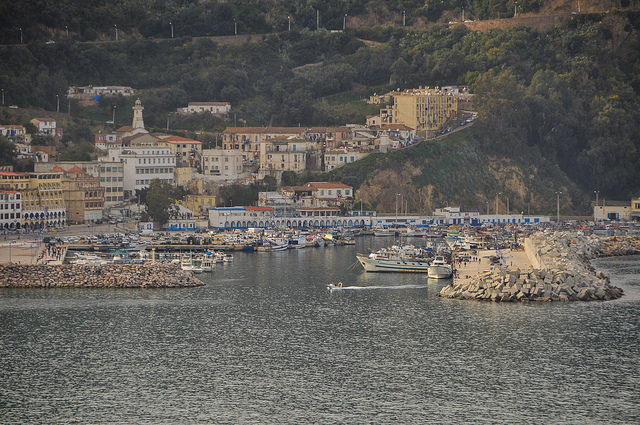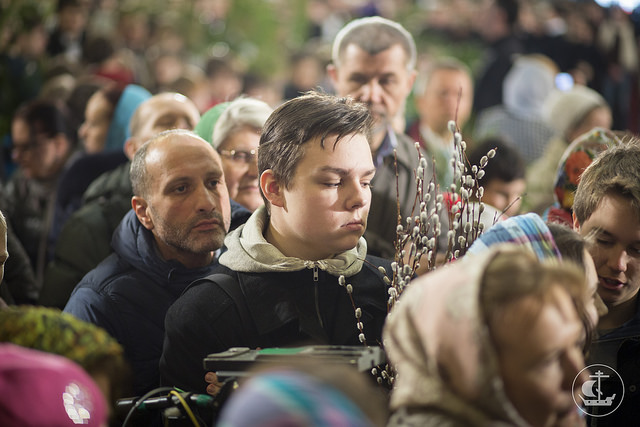The European Commission has already proposed that governments circulate relevant data to aid EU efforts to secure Europe's borders. EU officials will report back to the council of justice ministers on incidents surrounding Spanish enclaves on the north eastern Moroccan coast.
Topical:
Europe Immigration News
Items tagged with "Europe Immigration News":
In the first six months this year, police arrested more than 3,000 migrants attempting to sneak through Algeria's vast desert expanses to Morocco on their way to Spain, up from over 2,500 a year ago, paramilitary police Gendarmerie Nationale spokesman Abdurahmane Ayoub said.
Several hundred African would-be immigrants, October 3, stormed a barrier on the border of the Spanish enclave of Melilla in Morocco.
At least 200 people managed to get over the border when the fence collapsed but many were arrested and taken away in buses. It was reported that some of the migrants and several Spanish officials were injured during the clash and still for hours after, make shift ladders, shoes, shirts and other pieces of clothing dangled from the barrier.
Organised by Spain, the flight left Madrid with 75 immigrants on board before stopping in France and Italy to pick up another 50.
The programme was approved when interior ministers from the UK, France, Germany, Italy and Spain met in July.
Spain says it is planning another flight next month. That flight will be to repatriate illegal immigrants from Ecuador and Colombia.
A recent report shows that 3 to 5 percent of young, university-educated Eastern Europeans are immigrating to Western Europe. The report says that this is a temporary phenomenon, and that most of them will return to their home countries in a few years. In the near future, they will be replaced by a different group of immigrants.
Having opened the door to immigrants from the new EU member states, what are the results in the UK, Ireland and Sweden?





